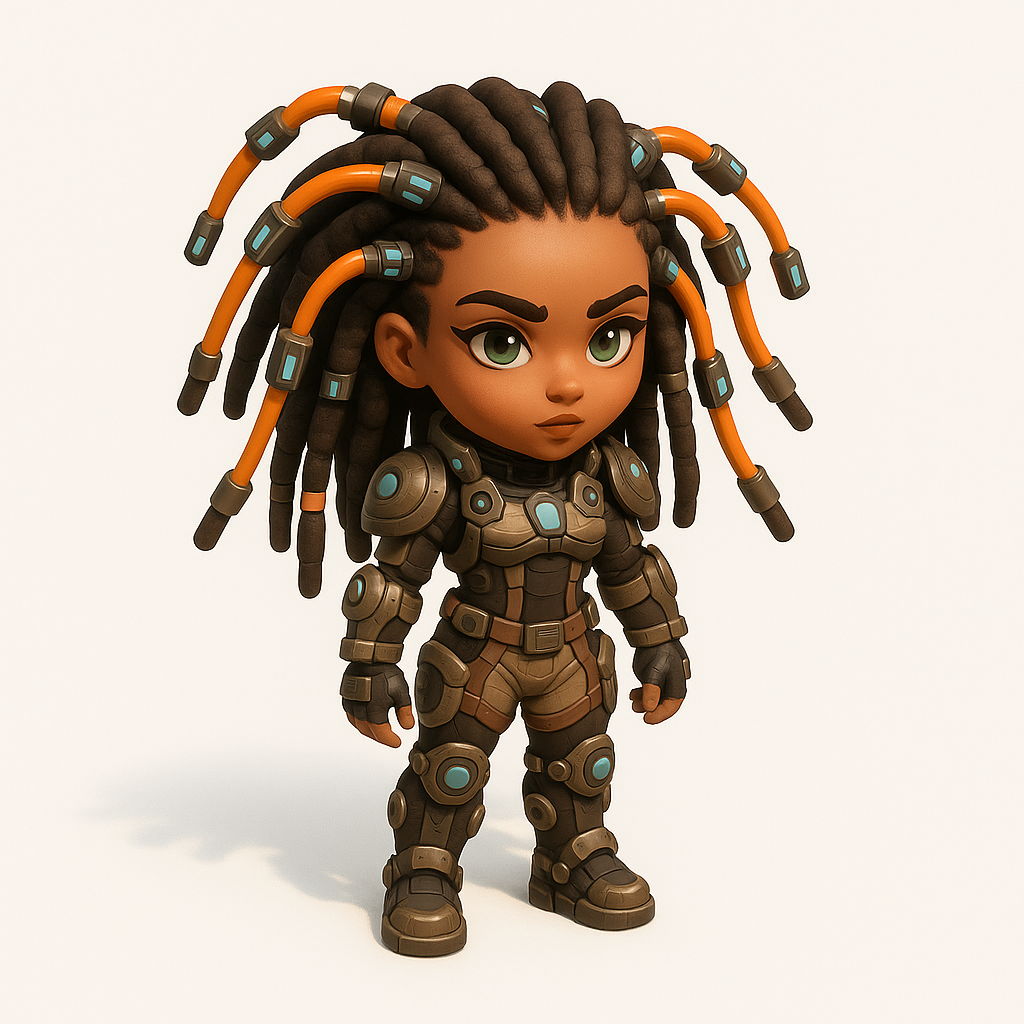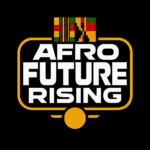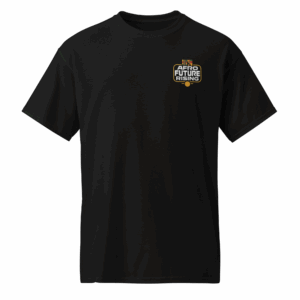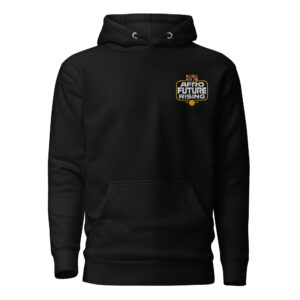
Scout. Signal. Reclaimer of the Old Code.
Meet Nia Sankara
Nia Sankara is the first playable scout from the PAA – Pan Africa Alliance, a decentralized network of biomech survivalists and cultural stewards.
Trained to reclaim forgotten tech and defend sacred lands, Nia, a descendant of warriors, now a peace ambassador, combining martial arts with advanced negotiation skills.
Her bonded pet Kitty, “Iko,” reveals threats hidden in the fog, intercepts enemy scouts, and remembers every step you take.
Factions and Characters
The game opens with a cinematic that sets the stage for the post-apocalyptic world of “Afro-Future Rising.”
It showcases how Africa emerged as a technological haven in a world devastated by war, focusing on the player’s faction and its ideals.
The map is divided into numerous regions, each with its own unique landscape, cultural influences, and strategic significance.
![]()
The Pan-African Alliance, guided by principles of compassion and unity, believes in extending a helping hand to the rest of the world, including the World Coalition.
They see the post-apocalyptic scenario as an opportunity to heal old wounds and establish a new world order based on cooperation and mutual respect.
The PAA is technologically advanced, emphasizing non-lethal combat and healing technologies.
![]()
The African Sovereign Front is fiercely protective of Africa’s sovereignty and resources.
They are wary of the rest of the world, citing historical exploitation and betrayal. The ASF believes in a strong defense and is prepared to repel any external threats.
They are equipped with advanced offensive technologies and excel in guerrilla warfare.
![]()
The World Coalition consists of survivors from the rest of the world. Their lands ravaged by war, they seek to secure resources to rebuild.
The WC does not shy away from aggressive tactics and sees Africa’s resources as essential for the world’s recovery.
They have a mix of old-world and improvised technology.
Gameplay Mechanics
- Players must capture these outposts to gain control over a region. Capturing involves various missions like stealth operations, combat engagements, or tactical diplomacy.
- Once an outpost is captured, it can be used for resources, spawning points, and accessing new missions.
- Captured outposts are constantly under threat from rival factions. The rival African faction will attempt to reclaim outposts, while the World Coalition might try to loot them.
- Players must strategize to defend their outposts, which can involve setting up defences, stationing troops, or personally intervening.
- Gaining control of all outposts in a region grants the player control over that region. This unlocks new story arcs, resources, and special abilities.
- Regional control also impacts the game’s narrative, influencing alliances and enemy movements.
The game world is dynamic, with outposts and regions constantly changing hands between factions. This creates a living, evolving world where player actions have significant impacts.
Managing resources and deciding where to allocate forces and defenses becomes a crucial aspect of gameplay. Players must balance offensive strategies with the need to maintain and defend their existing territories.
To enhance the competitive aspect of “Afro-Future Rising,” a MOBA-style element will be integrated, focusing on 1v1v1 or 2v2v2 matches.
- In this mode, three players, each representing one of the game’s factions (Pan-African Alliance, African Sovereign Front, World Coalition), compete against each other.
- Each player starts with a base in a randomly assigned region of the map.
- In this mode, three teams of 2 players, each representing one of the game’s factions (Pan-African Alliance, African Sovereign Front, World Coalition), compete against each other.
- Each team starts with a base in a randomly assigned region of the map.







